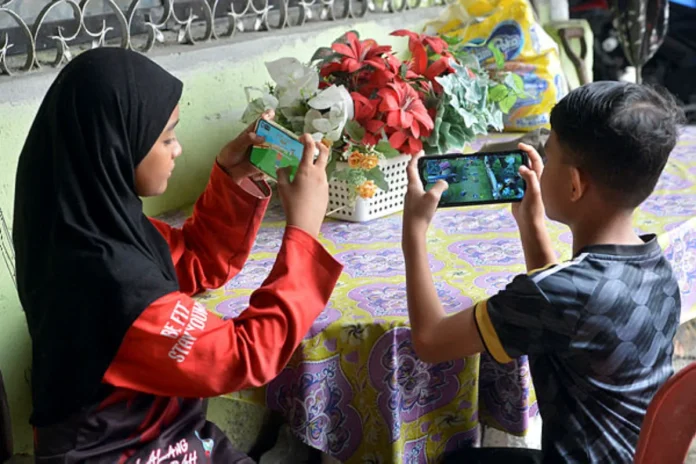Malaysian children master technology faster than adults but lack emotional maturity to navigate online risks safely, says education group
PETALING JAYA: Malaysian children are mastering technology faster than adults can keep up, but that digital skill comes without the emotional maturity or ethical grounding to navigate online spaces safely, warns the Parent Action Group for Education (PAGE).
Its chairman Datin Noor Azimah Abdul Rahim said while children are adept online, they are unprepared for the psychological and ethical challenges that come with adult digital spaces.
“Many children know how to use technology better than adults, but that doesn’t mean they understand the risks or responsibilities that come with it,” she said.
“A 12-year-old might be clever enough to create an account or mimic adult behaviour, but emotionally, he’s still a child.”
She said the concern underscores a wider gap in both digital education and moral development, urging schools to teach children from an early age that their online actions have real-world consequences.
“It’s not just about using apps safely, but about understanding feelings – theirs and others’,” she said.
“When schools teach empathy, kindness, honesty and respect in digital education, children are better prepared to respond wisely when faced with content or interactions they’re not ready for.”
Noor Azimah said digital citizenship lessons should be integrated into school curricula alongside core subjects such as reading and mathematics, adding that values-based education must underpin online literacy efforts.
She said both parents and schools play complementary roles – parents by setting boundaries and expectations at home, and schools by reinforcing responsible online behaviour in the classroom.
She also urged parents to stay alert for early signs of risky online behaviour, such as secretive phone use, spending long hours online, using new slang or showing sudden interest in adult relationships or appearances.
“If a child is creating fake profiles or acting older than they are, the best response is gentle curiosity, not punishment,” she said.
“Start an open conversation about what they’re seeing and feeling online. Children need to know they can talk to adults without fear of being scolded.”
Noor Azimah said fostering digital safety requires open communication, emotional guidance and collaboration between parents, educators and policymakers.
“We can’t keep up with technology by setting restrictions alone. Children need the right balance of freedom and guidance – and that starts with adults who listen.”








